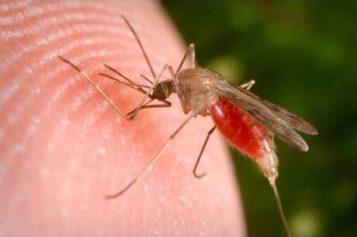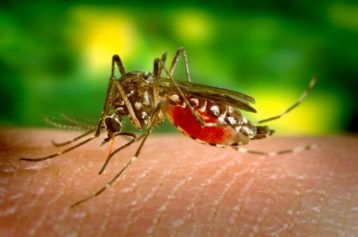When people all over the world work together to achieve meaningful goals, it’s important to pause and acknowledge success. Today the global health community deserves a high-five. The World Health Organization released its annual World Malaria Report 2013, and it contains good news. In fact, it heralds one of the major health successes of our lifetime.
The big news is that the fight against malaria has reduced by 50 percent the rate of children dying from the disease, and has saved more than 3.3 million lives since 2000.
These are remarkable achievements that give us reason to believe we can actually end deaths from this preventable and treatable disease in the foreseeable future. U.S. leadership, whose bipartisan support for the fight against malaria has provided half of all global funding.
Malaria is an ancient scourge that has killed millions of people. It has been successfully eliminated from many parts of world, yet it still holds a tight grip in many regions, particularly in sub-Saharan Africa, where 90 percent of malaria deaths occur. An estimated 627,000 people died from malaria in 2012 alone.
A Risk That’s High for Children; A Reward That Benefits All.
Children are far more susceptible to the ravages of malaria than adults, with 77 percent of all malaria deaths occurring in children under five years of age. Progress in averting malaria deaths means that more children are surviving into their childhoods. The report shows that 2012 was the first time that the milestone of fewer than 500,000 children dying from malaria was achieved. This is still far too high, but it is remarkable progress. Imagine the joy of saving one child’s life. Now feel the joy of knowing that our collective efforts are saving hundreds of thousands of lives annually.
The benefits of investing in malaria deliver well beyond this precious human capital. Malaria interventions also deliver critical economic value. Adults can go to work as a result of not falling sick or not having to take care of a sick child. As malaria cases and deaths are averted, we not only help families thrive but we also add billions of dollars in cost savings that nations can now use in other ways.
It is estimated that more than $13 is saved for each malaria case averted, and that society earns more than $40,000 in economic benefit when a single malaria death is averted. That is a serious return on investment for the cost of an affordable long-lasting mosquito net or a highly effective dose of medication.
What do these numbers mean for the over 3 billion people who live every day under the threat of malaria? They mean far fewer funerals for children. They mean women can bear fewer children because they are more confident of their children’s survival. And they mean that hospital beds once reserved for malaria patients can now be used to accommodate and more successfully treat other illnesses.
Read more: Huffington Post



